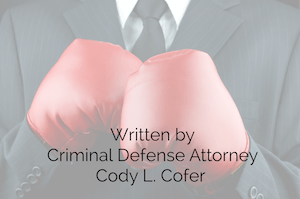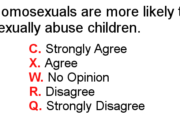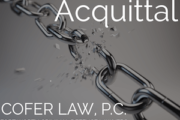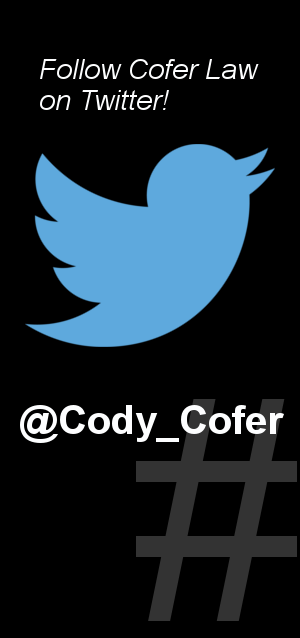Opening the Door to Extraneous Bad Acts in Opening Statement
Fort Worth Criminal Defense
Attorney’s Cautionary Post

As a Fort Worth criminal defense attorney, I am constantly up against some of the best prosecutors in Texas. This means my colleagues and I must tread carefully in cases involving “extraneous offense evidence.” As a general rule, crimes or past bad acts of the accused cannot be offered by the prosecution besides the crime a person is on trial for. Over the years, this protection has been eroded by appellate courts and the Texas Legislature’s changes to procedural laws. Aside from the many exceptions that practically swallow the rule, a criminal defense attorney can create a situation that this, otherwise inadmissible, evidence can be used against a client at trial. Creating this situation is commonly called “opening the door.”
Reckless questioning or presentation of defense evidence may “open the door.” But defense lawyers need to be mindful of another minefield, Opening Statement. A good Opening Statement presents the defensive theory of the case. Frighteningly, this can clear the way for the prosecution to launch into evidence of extraneous offenses.
No Evidence Needed:
Paving the Way for Extraneous Offenses
For a while now, Texas courts have held a case theory presented in the defense’s Opening Statement entitles the State to rebut that theory with evidence. See Bass v. State, 270 S.W.3d 557, 563 (Tex. Crim. App. 2008). So, the trigger for this potentially damning “rebuttal” evidence is not even other evidence. Instead, a small utterance of many common defensive theories makes it open season on your client.
Examples of opening the door to extraneous offenses in Opening Statement:
If you open a criminal defense trial textbook to any page you are likely to find a defensive theory that opens the door to extraneous offenses in sexual abuse allegations. Just a few of the theories you need to examine carefully are:
- Alibi
- Lack of Opportunity
- Fabrication of allegations for retaliation
- Coaching of Child Witness
- Fantasy causing false allegations
- Misidentifying the abuser
You are probably saying at this point, “What defense does NOT open the door to an extraneous offense in sexual abuse cases?” A defense that doesn’t tempt the prosecutor to pile on extraneous allegations probably only lives under four-leaf-clovers. Evaluating this question is too case specific and complex to answer in a blog post. In many cases, it may be a better strategy to assume the extraneous allegations are coming in, and build your strategy to handle it.
Admission of Crimes, Wrongs, and Bad Acts
Any criminal defense attorney needs to be well versed in the Texas Rules of Evidence. A complete and working knowledge of these rules can make all of the difference. In this context, take some time to review Rule of Evidence 404. The rules allow this toxic evidence for:
- showing motive
- explaining opportunity
- proving intent
- revealing preparation or plan
- showing knowledge
- rebutting identity challenges
- showing an absence of mistake
- Disproving accident
The State does have to give a defense lawyer notice of the evidence that may be used, but only if the defense attorney makes a proper request. Below, you can download a sample form request for notice. Be sure you look at the Texas Rules of Evidence and Code of Criminal Procedure to double-check this form. The law regularly changes and you shouldn’t rely exclusively on this form.
Request for Notice of Evidence of Extraneous Bad Acts
A gross mnemonic device or tool to help you remember the 404b exceptions is: LIPOMA PICK.
- L ack of Accident
- Intent
- Plan
- Opportunity
- Motive
- Absence of Mistake
A lipoma is a fatty lump that can grow between your skin and muscle. A lipoma usually doesn’t hurt anything unless you PICK at it. Then it can be painful and get infected. An analogy applied to extraneous bad acts. If you don’t pick at it, then it’s just something gross that’s a part of your case. With luck you may never need treatment. LIPOMA PICK.
Like I said, it’s gross, but hopefully it will stick in your mind. Hopefully, this warning about the hazards of Opening Statement will stick in your mind, too. Don’t get overwhelmed. Get prepared. Criminal defense is exciting and rewarding! Happy verdicts!




